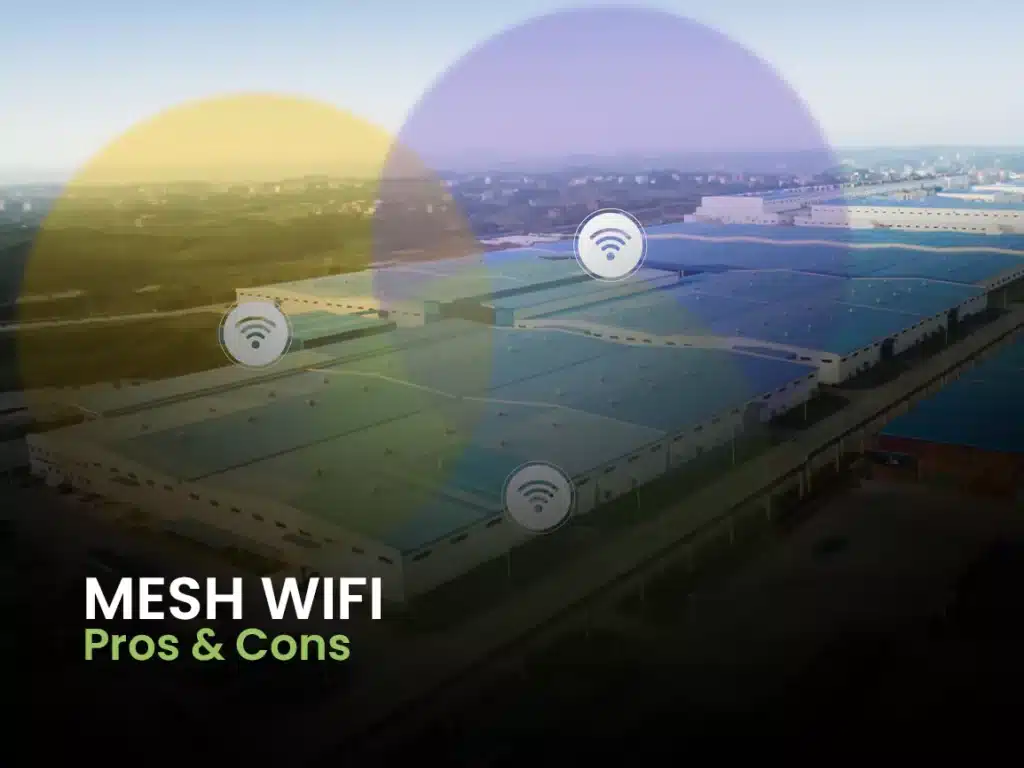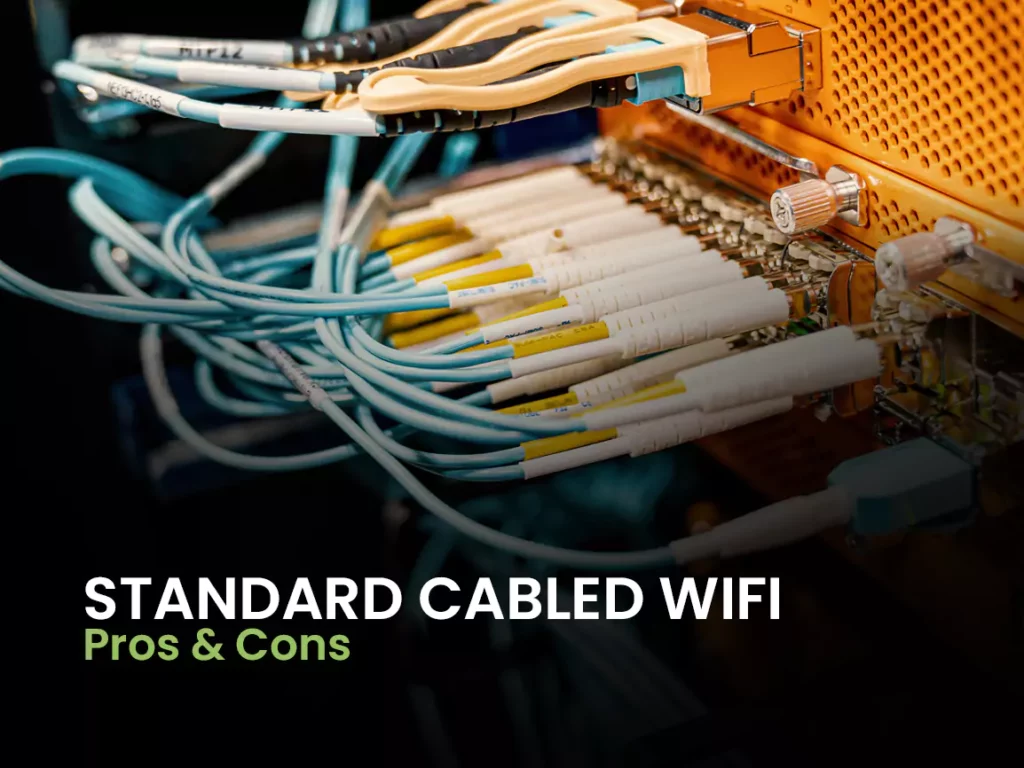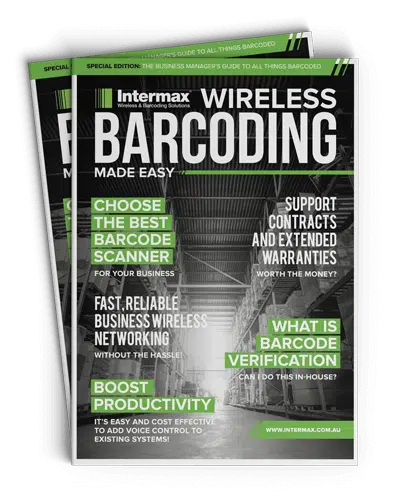
Mesh WiFi vs Standard Cabled WiFi Solutions for Warehouses
In the dynamic world of warehouse operations, staying connected is the key to success. With the increasing demand for seamless communication and data exchange, the choice between a Mesh WiFi System and a Standard Cabled WiFi Solution can significantly impact your warehouse’s efficiency.
In this blog, we'll explore the differences between these two options and highlight their pros and cons to help you make an informed decision.

Mesh WiFi?
Pros:
Cons:

Standard Cable WiFi
Pros:
Cons:
In conclusion, the choice between Mesh WiFi and standard cabled WiFi depends on your specific warehouse needs and budget.
- Mesh WiFi offers flexibility and scalability, making it ideal for growing operations. On the other hand,
- Standard Cabled WiFi delivers superior performance and security, which may be essential for mission-critical tasks.
At Intermax, we understand the unique challenges of warehouse operations. Our team of experts can help you assess your requirements and design a customized solution that combines the best of both worlds, ensuring seamless connectivity and efficiency for your business.



